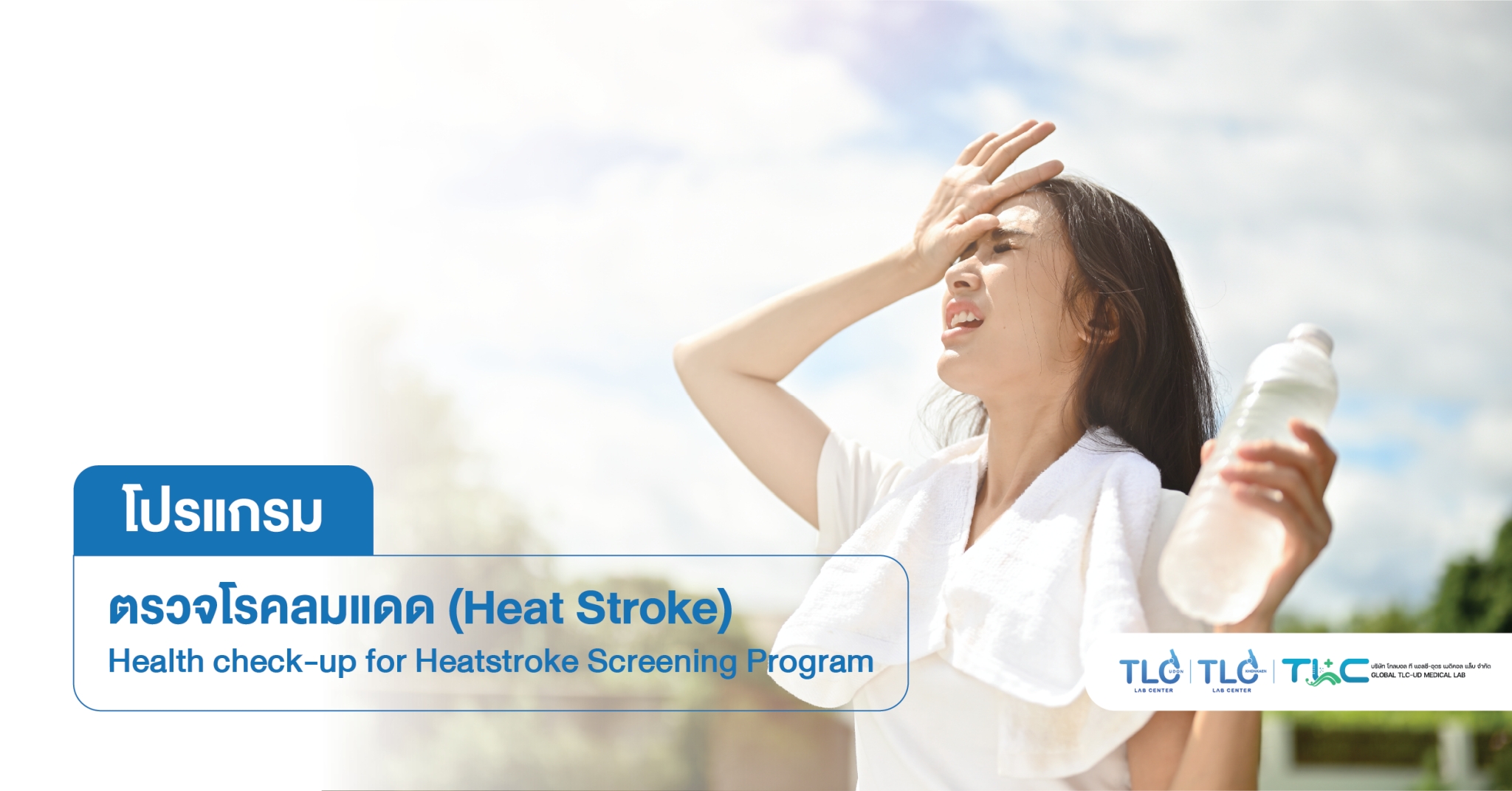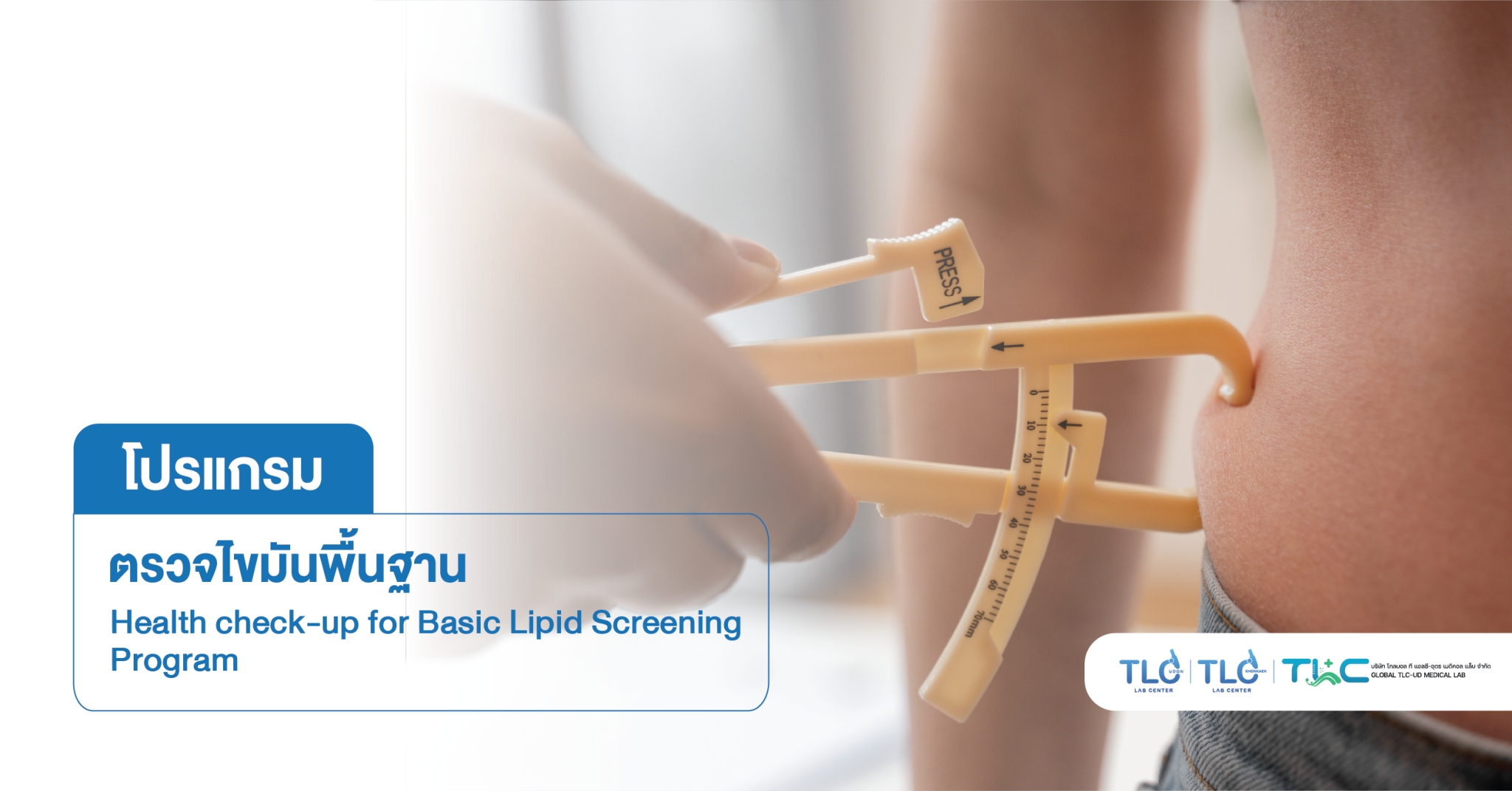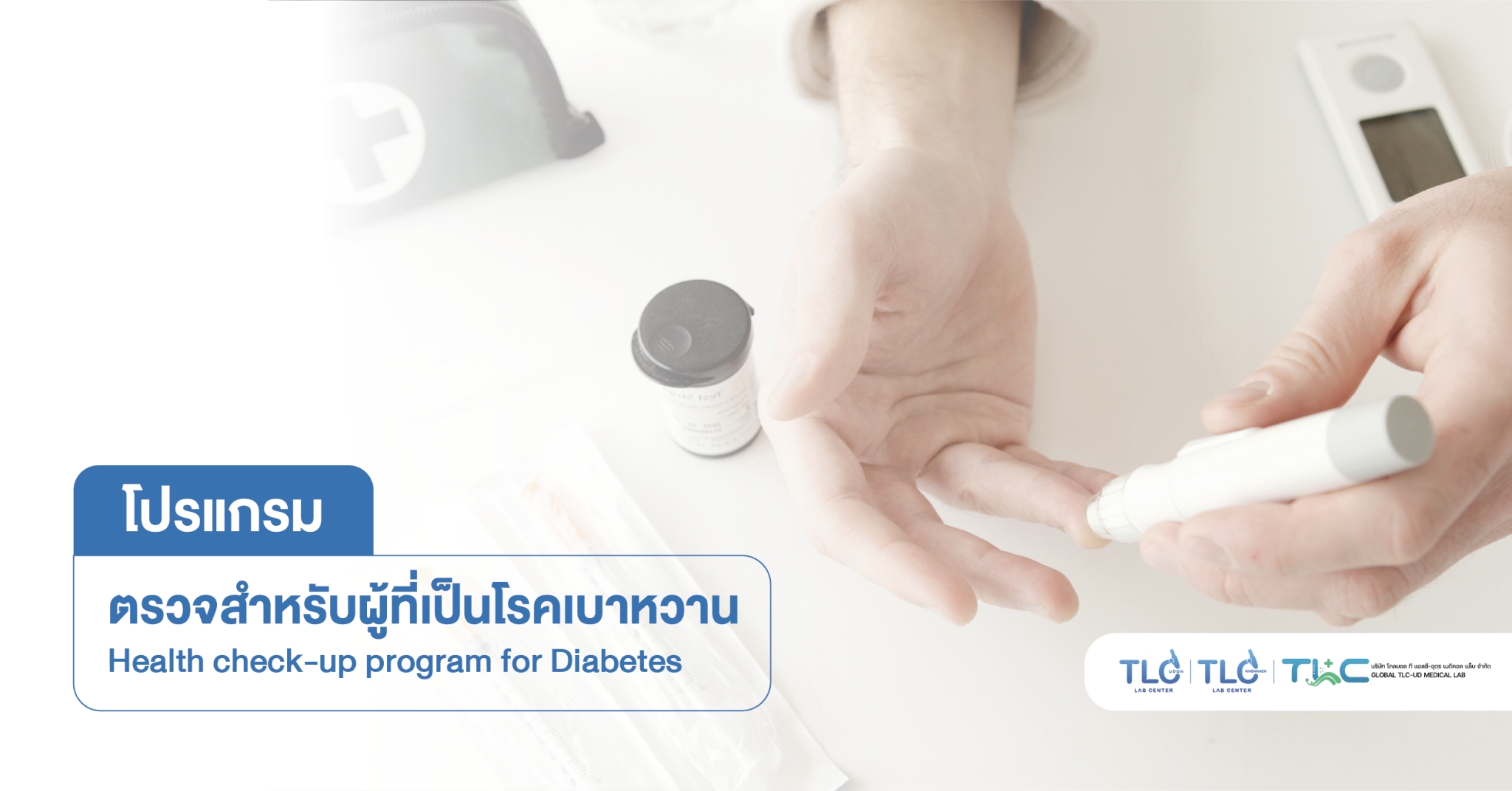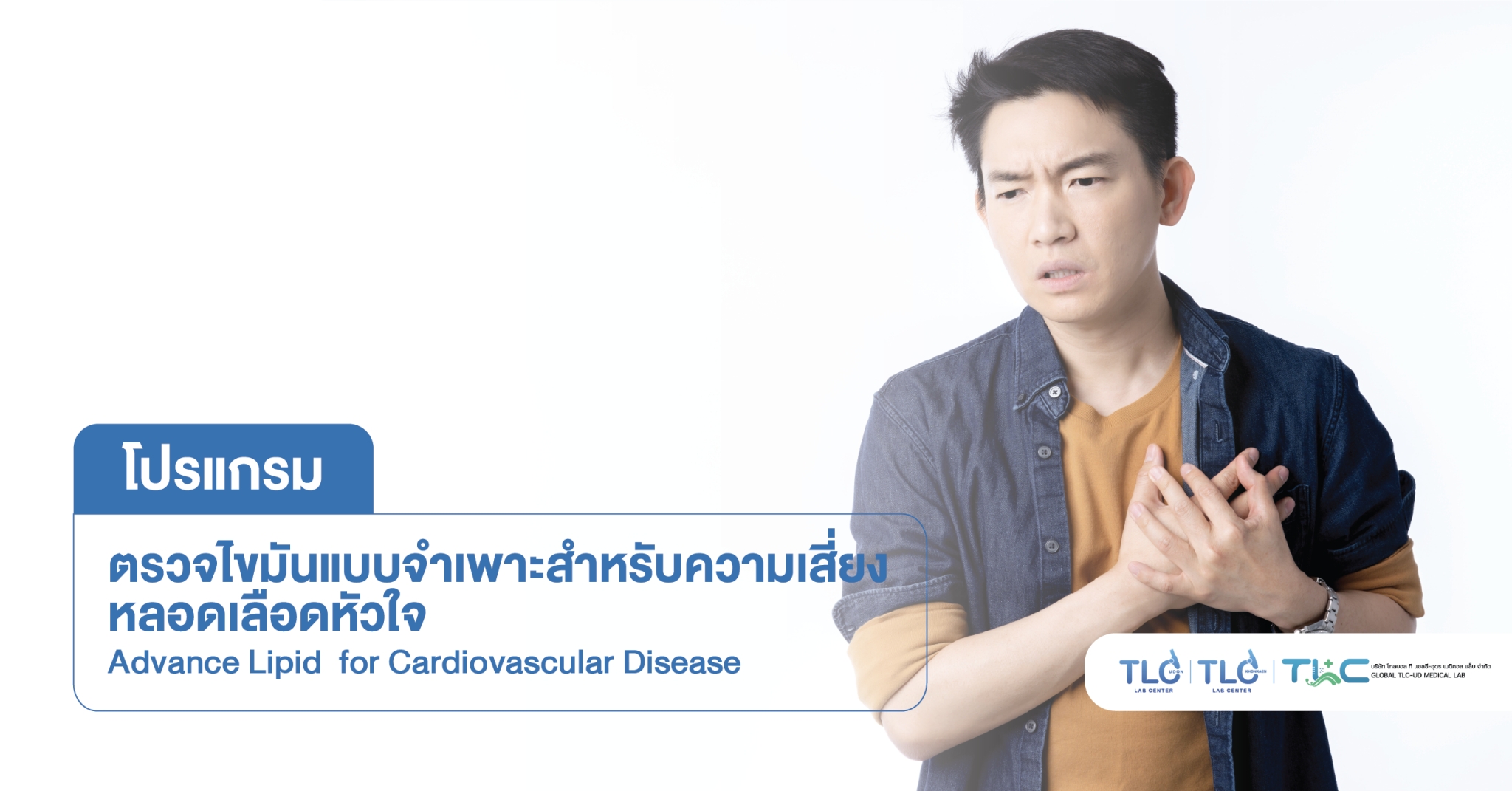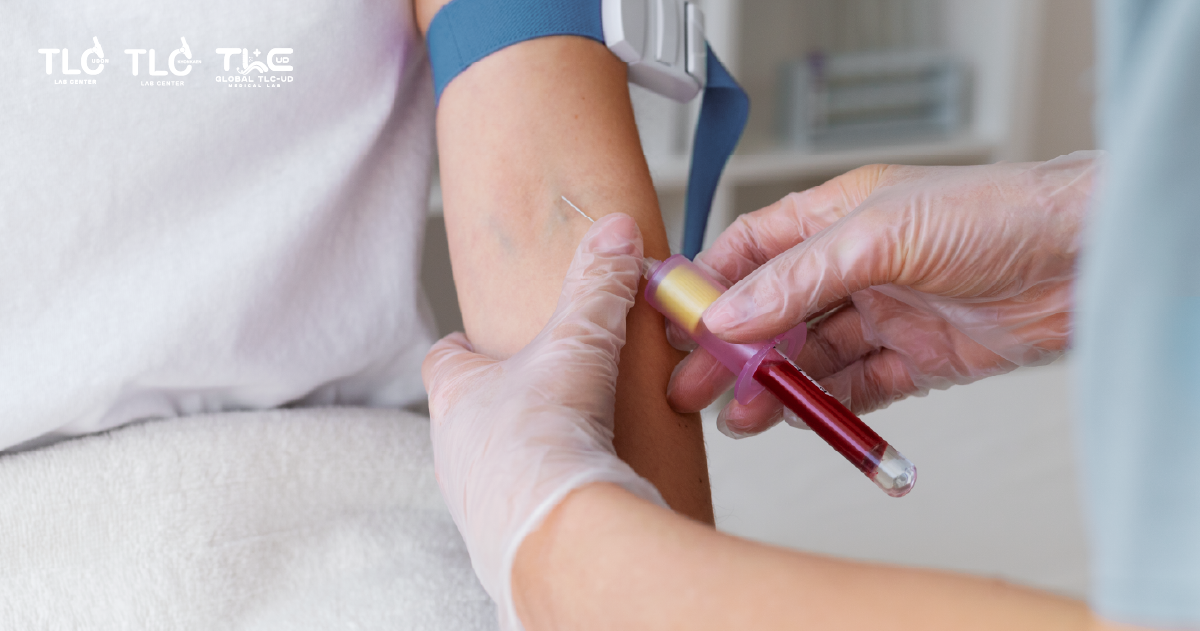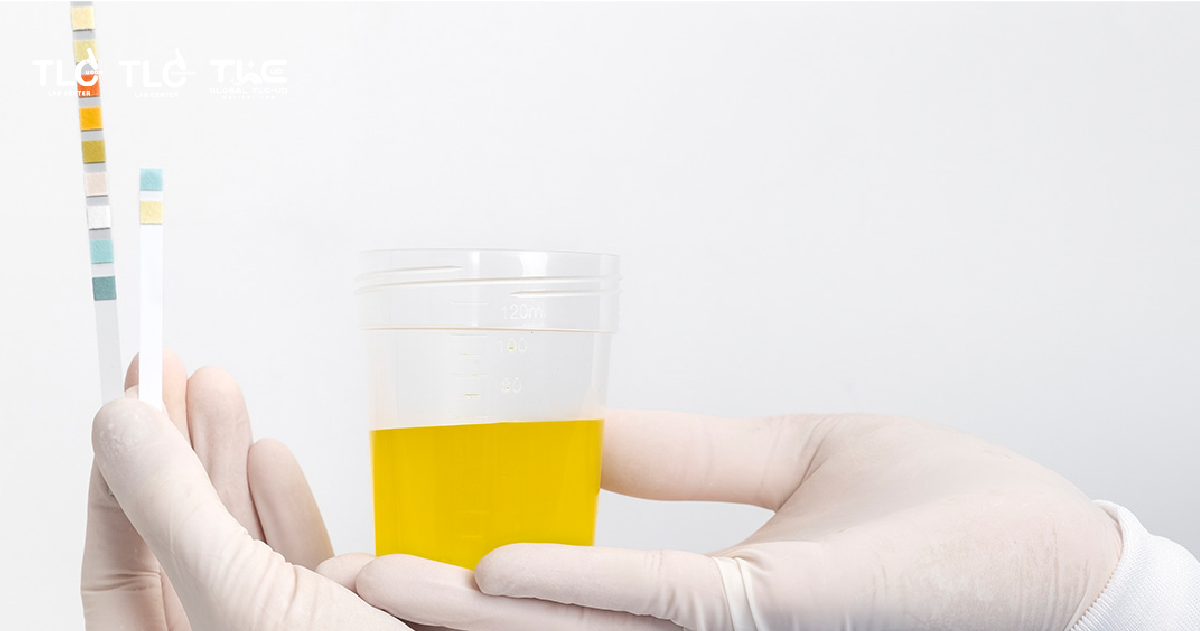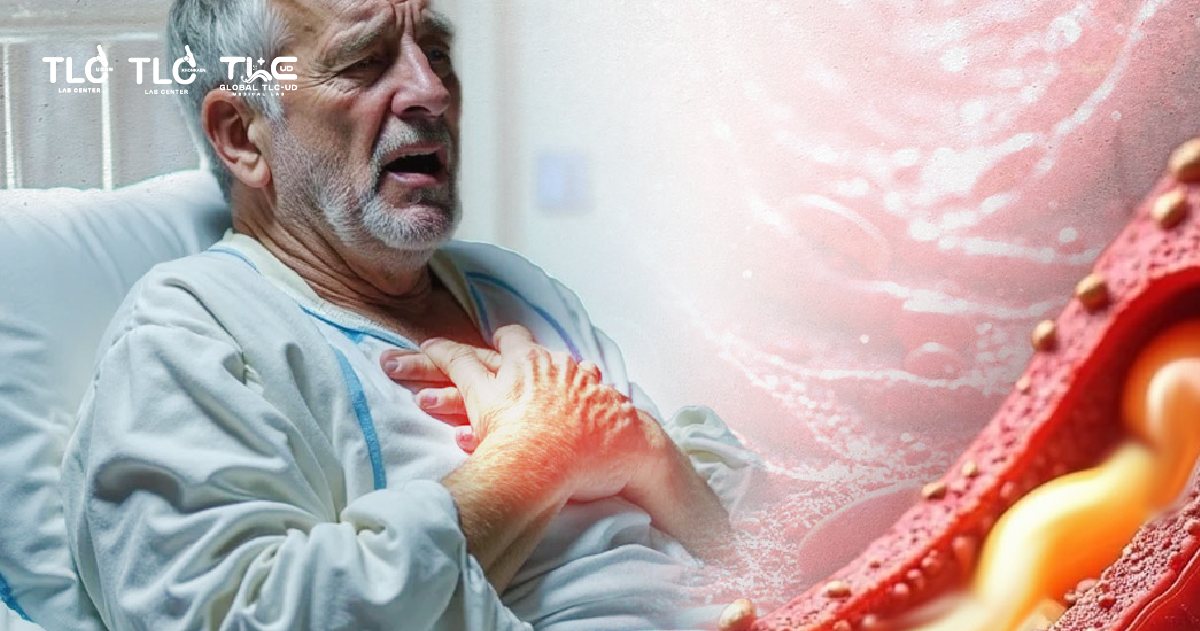What is Coronary artery disease?
It is another serious disease, and can cause death. Coronary artery disease is the second leading cause of death after cancer. If you know that you are susceptible, then you need to take good care of yourself to prolong the life of the patient, by adjusting behaviour and by following the doctor’s advice strictly. If done properly, it can extend life.
Over the past several decades, Thai people tend to die from cardiovascular disease on an increasing scale, especially coronary artery disease, and it is the leading cause of death in Thailand today. In addition to being caused by heredity, changes in lifestyle habits, such as changing food and drink consumption habits, by preferring to eat foods high in fat and carbohydrates, by exercising less, suffering increased stress and lack of sleep, etc. If you know that you are doing this, you need to take care of yourself by adjusting your lifestyle habits to be healthy and be able to prolong your life.
Causes of coronary artery disease or blockage.
Coronary artery disease is caused in arteries that supply the heart muscle, hardening, or with fat adhering to the walls of the arteries. As a result, myocardial infarction occurs.
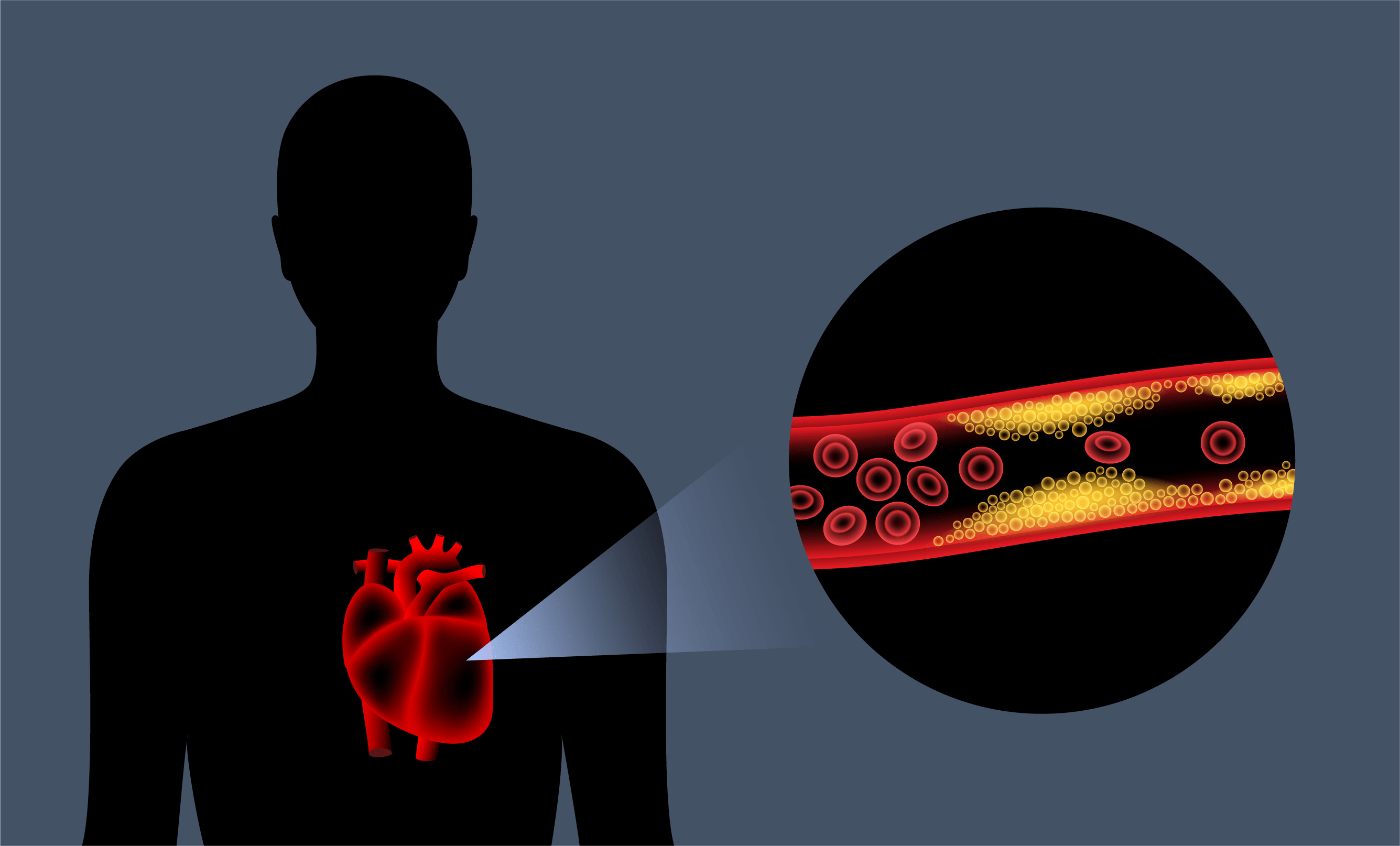
Risk factors cannot be controlled :
- As age increases, the chance of developing it increases.
- Males are at greater risk than females. At menopause, females have the same risk as males of the same age.
- Genetics.
Risk factors are controllable.
High blood pressure: Allowing high blood pressure to last for a long time causes the heart to work harder to pump blood to the body. The heart muscle thickens, the heart grows, the arteries harden and become blocked, leading to myocardial infarction and eventually to heart failure.
- Smoking: Smokers are 2-4 times more at risk of heart disease than non-smokers because the substances inside the cigarette cause the cells lining the blood vessels to deteriorate, causing the blood vessels that supply the heart to narrow. This too leads to myocardial infarction.
- Blood lipid levels: People with high LDL cholesterol levels have a higher risk of heart disease. This LDL lipid thickens the walls of blood vessels and narrows the blood vessels. Eventually, the coronary arteries become clogged and myocardial infarction occurs.
- Diabetes: This increases the risk of cardiovascular disease. Diabetes causes deterioration of blood vessels that feed different parts of the body.
- Lack of physical activity: Regular exercise can help prevent cardiovascular diseases and help control other risk factors such as blood pressure, blood cholesterol levels, diabetes, and overweight or obeseity.
- Obesity: People with a body mass index (BMI) of 30 kg / height (m)2 are considered at risk of cardiovascular disease. Body mass index can be calculated by body weight (in kilograms) divided by height (in meters), raised to the power of 2, or if there are other risk factors as well, even having a BMI of 25 kg / (m)2 is considered to increase the risk of heart disease.
Symptoms of coronary artery disease and blockage.
Most of them are asymptomatic, but in patients with angina or blockage, chest pain becomes quite unbearable. It’s like something heavy applying pressure on the middle of the chest, or pain from the chest up to the chin. or pain down to the left arm.
- Shortness of breath, tiredness, discomfort.
- Sweating, palpitations.
- Fainting, dizziness, due to acute low blood pressure.
- Becoming unconscious, suffering a heart attack.

Self-care to prevent coronary artery disease:
- Avoid eating sugary, salty foods that contain unsaturated fats.
- Eat the right amount for energy each day. Eat a healthy diet low in fat.
- Exercise regularly, at least 3 days/week.
- No smoking
- Get enough sleep
- Reduce stress
- Weight Control
- Have a health check-up at least once a year, click here (program details)


